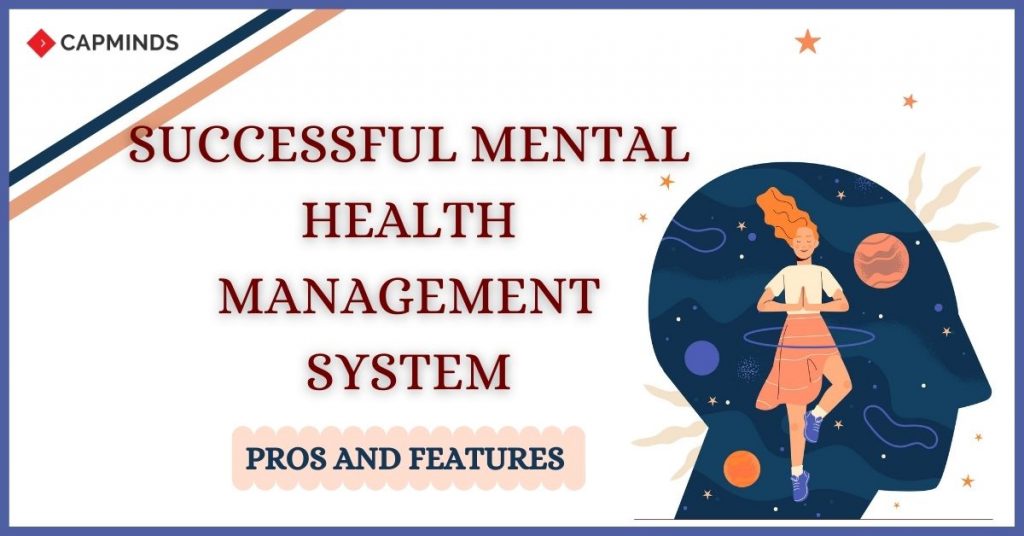In today’s fast-paced world, maintaining mental health can be a challenge. Juggling work, relationships, and personal goals often leaves little room to focus on emotional well-being. However, taking care of your mental health is just as important as maintaining physical health. Here are 10 effective tips to help you stay mentally healthy, even in a busy lifestyle:
1. Practice Mindfulness
Mindfulness involves focusing on the present moment without judgment. Practices such as meditation, deep breathing, or simply paying attention to your surroundings can reduce stress and improve mental clarity.
2. Stay Physically Active
Regular physical activity is a proven way to boost mood and reduce symptoms of anxiety and depression. Whether it’s a daily walk, yoga, or gym workouts, find an activity you enjoy and make it a habit.
3. Maintain a Balanced Diet
Your diet plays a significant role in your mental health. Consuming a variety of nutrient-rich foods, including fruits, vegetables, lean proteins, and whole grains, can improve brain function and mood.
4. Get Adequate Sleep
Sleep is essential for mental well-being. Aim for 7-9 hours of quality sleep each night. Establish a bedtime routine, limit screen time before bed, and create a comfortable sleep environment to improve sleep quality.
5. Stay Connected with Loved Ones
Social connections are vital for emotional health. Make time to connect with friends and family, whether it’s through phone calls, video chats, or in-person meetings. Sharing your thoughts and feelings can provide relief and support.
6. Set Realistic Goals
Setting achievable goals can provide a sense of purpose and direction. Break larger goals into smaller, manageable tasks to avoid feeling overwhelmed and celebrate your progress along the way.
7. Take Breaks and Avoid Burnout
Continuous work without breaks can lead to burnout. Schedule regular breaks during your workday, and make time for hobbies or activities that help you recharge. Remember, rest is productive too.
8. Seek Professional Help When Needed
If you’re struggling with persistent feelings of sadness, anxiety, or stress, don’t hesitate to seek help from a mental health professional. Therapy or counseling can provide valuable tools and strategies for managing mental health challenges.
9. Limit Screen Time
Excessive use of screens, especially social media, can negatively impact mental health. Set boundaries for screen time, and prioritize activities that promote real-world interactions and relaxation.
10. Practice Gratitude
Gratitude exercises, such as keeping a journal of things you’re thankful for, can shift your focus to the positive aspects of life. This practice can improve mood, reduce stress, and enhance overall well-being.
Conclusion
Maintaining mental health in a busy lifestyle requires conscious effort and consistency. By incorporating these tips into your daily routine, you can build resilience, reduce stress, and enhance your overall quality of life. Remember, it’s okay to take time for yourself—your mental health matters.
